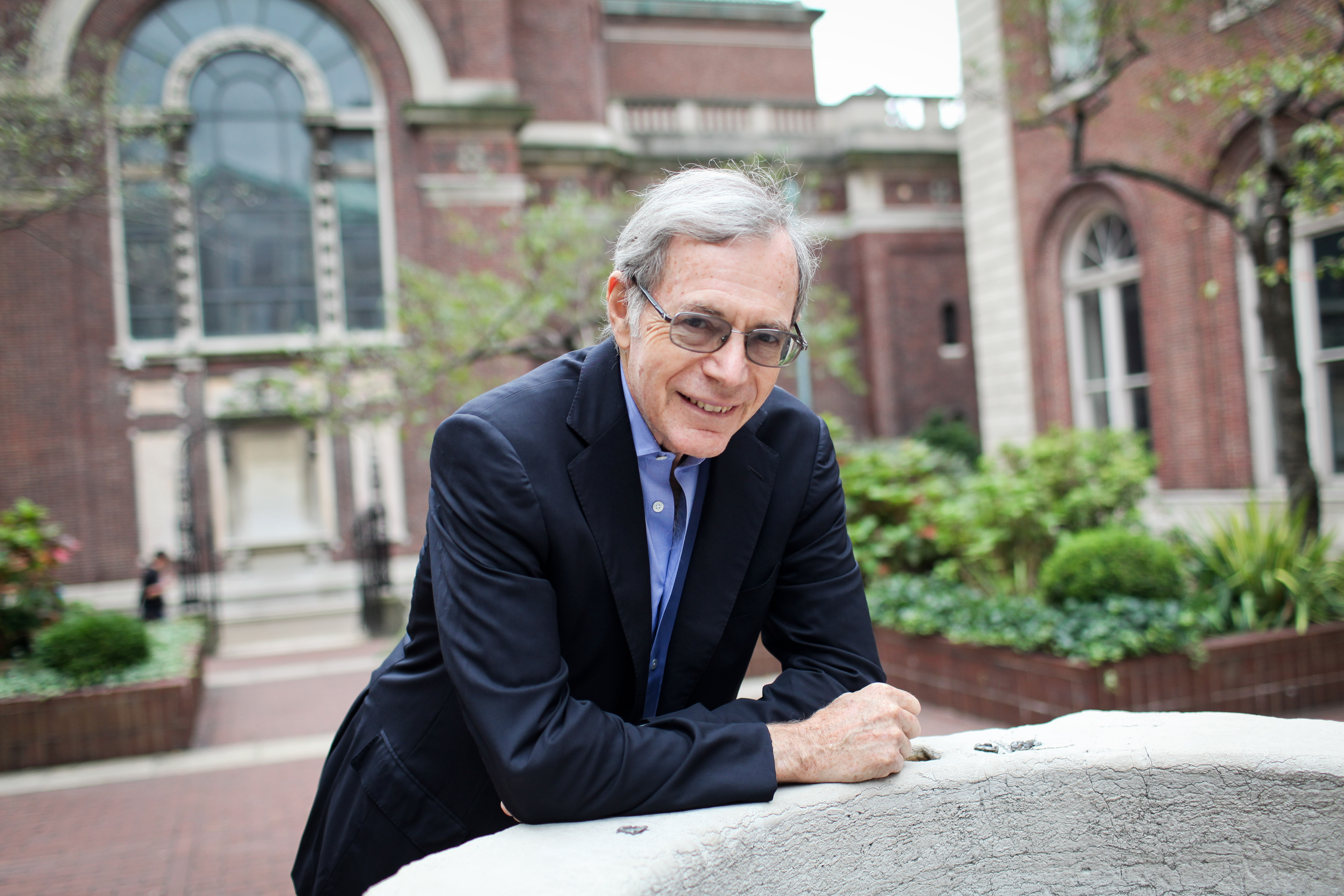Eric Foner
DOI:
https://doi.org/10.31273/eirj.v2i1.98Keywords:
Eric Foner, Freedom, American freedom, liberty, slavery, early career researchAbstract
Eric Foner is DeWitt Clinton Professor of History at Columbia University. Born in New York City to a family that included union organisers, political activists, and historians – his father Jack was a scholar of military history – Foner has gone on to become one of the leading historians of his generation. His most recent book, for example, The Fiery Trial: Abraham Lincoln and American Slavery (2010), won the Pulitzer Prize, the Bancroft Prize, and the Lincoln Prize, while he has been one of only two figures to have been elected President of the American Historical Association, Society of American Historians, and the Organisation of American Historians. Previous works have included Free Soil, Free Labour, Free Men: The Ideology of the Republican Party Before the Civil War (1970), Reconstruction: America’s Unfinished Revolution, 1863-1877 (1988), and The Story of American Freedom (1998). While two strands run throughout his intellectual trajectory, the first being the abolition and legacy of slavery, it is the second theme that I wish to take up here.
Photo credit: Daniella Zalcman
Downloads

Published
Issue
Section
License
Authors who publish with this journal agree to the following terms:
Authors retain copyright and grant the journal right of first publication with the work simultaneously licensed under a Creative Commons Attribution License (CC-BY), which permits use and redistribution of the work provided that the original author and source are credited, a link to the license is included, and an indication of changes which were made. Third-party users may not apply legal terms or technological measures to the published article which legally restrict others from doing anything the license permits.
If accepted for publication authors’ work will be made open access and distributed under a Creative Commons Attribution (CC-BY) license unless previously agreed with Exchanges’ Editor-in-Chief prior to submission.
Authors are able to enter into separate, additional contractual arrangements for the non-exclusive distribution of the journal's published version of the work (e.g., post it to an institutional repository or publish it in a book), with an acknowledgement of its initial publication in this journal.
Authors are permitted and encouraged to post their work online (e.g., in institutional repositories or on their website) prior to and during the submission process, as it can lead to productive exchanges, as well as earlier and greater citation of published work. (see: The Effect of Open Access)
